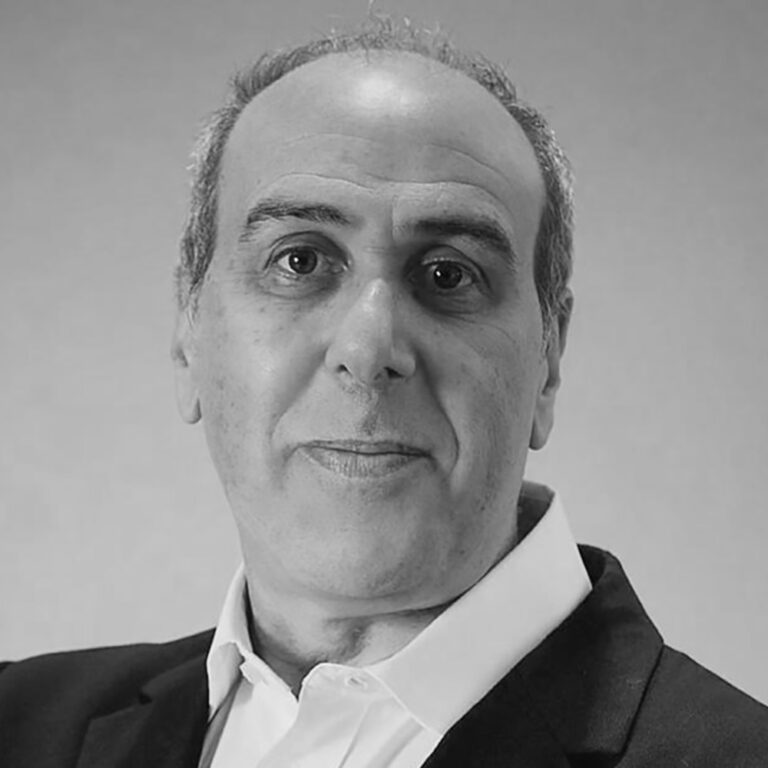Crisis, crisis everywhere. We have become so accustomed to being in crisis that we cannot see when a crisis is not one. Phala Phala is not a crisis for South Africa. It is a crisis for the Cyril Ramaphosa Presidency, for the person of Cyril Ramaphosa and for the ANC as a political party. It is not a crisis for South Africans.
Over the last weeks and months something has shifted symbolically and concretely in South African politics. In fact, three symbolic transformations are taking place.
First, the ANC is not the nation.
The conflation of the ANC or any other party with the people of South Africa is coming to an end. More and more South Africans, especially former ANC voters, are letting the organisation know loudly that the party does not have a natural right to their vote, that it is not somehow their spontaneous voice.
Second, the party is not the state.
More and more South Africans are recognising that no political party has a right to rule. They have a right to contest elections and if they win them, then to occupy offices whose powers and functions are defined in law and in regulation. In other words, they may exercise political power in and through constitutional structures. The Zondo commission helped expose what happens when a ruling party and some of its politicians and officials feel unconstrained by institutional frameworks. They destroy institutions, apart from looting and stealing.
Third, in a democracy, institutions matter more than individuals.
This is an idea with a troubled history in South Africa. Voters, political commentators, journalists, politicians and markets tend to be preoccupied with personalities. The sense of crisis in many quarters arises from the belief that Cyril Ramaphosa, although deeply flawed, is a decent man, committed to constitutionalism and the rule of law. This is almost certainly true.
Visit Daily Maverick’s home page for more news, analysis and investigations
With his ouster, the doomsayers anticipate an era of chaos and corruption. This is definitely a possibility. However, many looked to Zuma to save us from Mbeki and to Ramaphosa to save us from Zuma. Now there is panic because there is no messianic figure to save us from the current mess – only “a pack of hyenas”. But such a view distracts us from the fact that something important has just happened to provoke the current “crisis”.
Parliament initiated an investigation into a sitting president on the basis of information in the public domain. This is precisely what Parliament has never done before, in violation of its constitutional duties, as the Zondo Commission found in relation to State Capture.
The report by the Section 89 Panel said that there was a prima facie case for impeaching Ramaphosa. Finally, Parliament acted to hold the executive accountable. This is one of its core constitutional roles. We wish it had exercised its autonomy as a constitutional body earlier, at the time of the arms-deal fiasco, for example, and during Mbeki’s deathly Aids denialism and during the prebendal rule of Jacob Zuma.
It is also ironic that South Africa’s most constitutionally minded president will be felled by a Parliament that is, at last, constitutionally compliant.
The event that provoked the current situation, therefore, comes from an unambiguously positive development for South Africa as a democracy and as a constitutional state. Sure, there are some fantastic risks. They come, however, from those who would stall the democratisation of South Africa’s democracy.
It is a time to appreciate the enormous achievements of South African society over the last decade: we have interrupted a “silent coup” that 1) displaced power from elected bodies, and into shadowy, increasingly criminal networks; that 2) weakened and corrupted key state institutions; and 3) drove the economy further into crisis.
Now there are signs that we are recovering, not because a prophet is showing us the way but because our key institutions are starting to work.
Whoever comes to power now will confront a Parliament beginning to work as it should, a hardened judiciary that has largely retained its independence, a cynical and tough-minded media and many courageous and well organised advocacy organisations.
Halala South Africa, halala. DM



